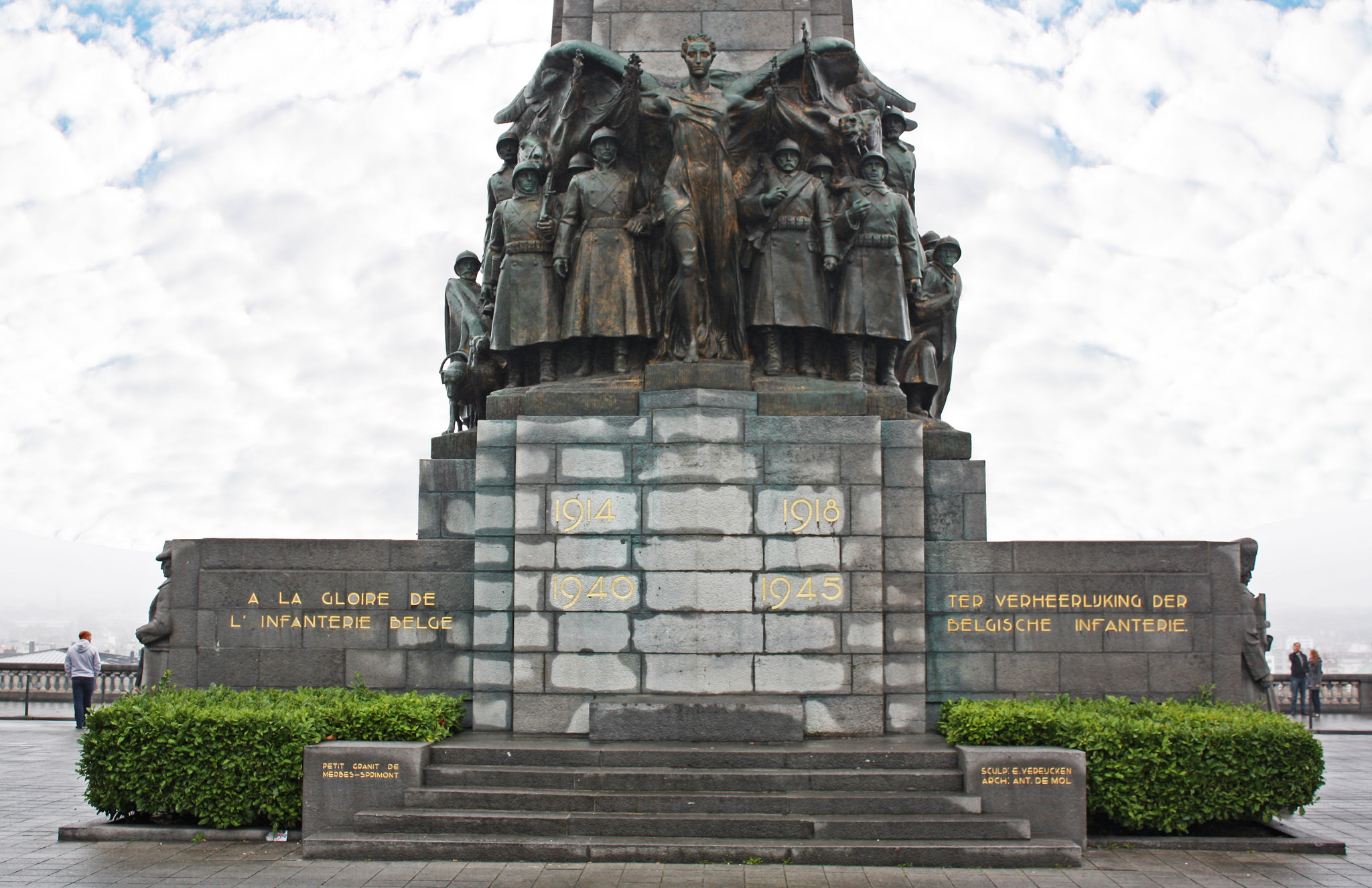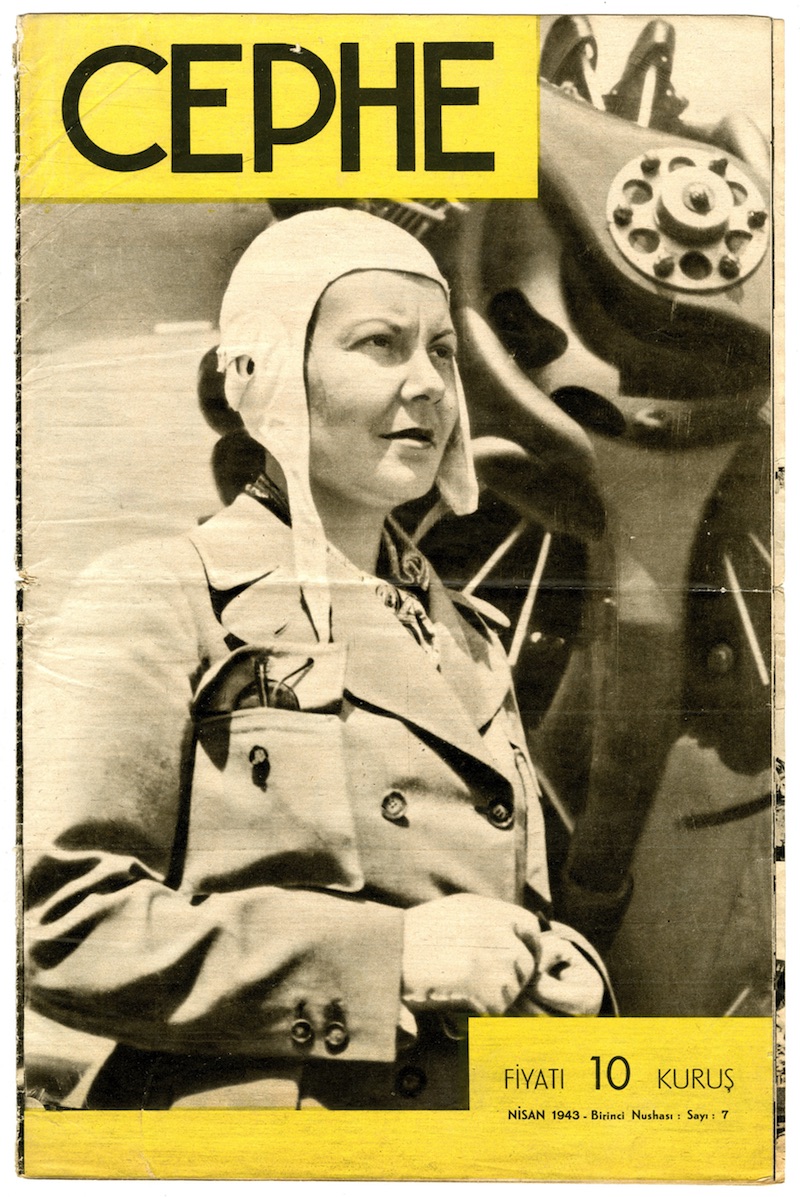Written by Mario Draper.
Léon Arendt will not be a familiar name to most readers. His role as the Political Director at the Belgian Ministry of Foreign Affairs from 1896 to 1912 was hardly likely to make him a household name beyond Belgium’s borders. Yet, his conceptualisation of these borders and of Belgium’s wider relationship with neutrality – imposed in perpetuity by the Great Powers (Britain, France, Russia, Austria-Hungary, and Prussia) in 1839 – marks him out as a singularly important figure in defining the strategic paradigm at the outbreak of the First World War. For here was a man who proposed the controversial view in 1911 that neutrality was but a tool of independence and not an end in itself. In other words, were neutrality to jeopardize continued independence, Belgium was within its rights to reinterpret its duties and forgo its strict adherence to the 1839 Treaty of London.
Leave a Comment

